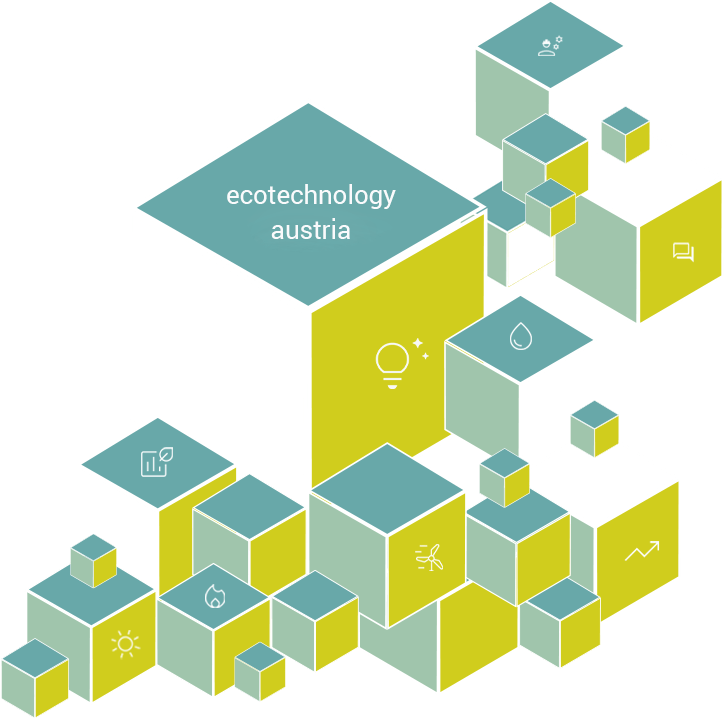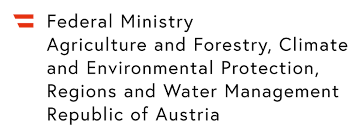The Styrian plant manufacturer BDI has been successfully demonstrating for years that the production of sustainable and climate-friendly BioDiesel is possible without the use of vegetable oils from the food industry (for example rape oil, palm oil, etc.). The “Multi-Feedstock” BioDiesel plant, commissioned in 2017 in Stanlow, England, after a project period of two years, processes the most difficult waste – the so-called “Fettberg” is used for biodiesel production. These are tonnage-heavy lumps, which are gathered from oil, grease and waste in the wastewater sewers of cities and then have to be removed and disposed of with enormous effort.=> Turning fat into green fuel (Quelle BBC)
This fat content, which has a high percentage of free fatty acids (FFA), can be converted into standard, high-quality biodiesel (EN14214) of the second generation in several process steps using the latest technology. Every year, up to 85 million liters of BioDiesel can be produced in Stanlow from grease separator grease, old cooking oil, animal fat, technical fatty acids and many other waste materials, which causes 86% less greenhouse gases than mineral diesel. This innovative BDI technology can also be used in existing large-scale plants. The BDI RetroFit program can be used to refine and optimize these to improve the raw material flexibility and improve the quality of BioDiesel.
Further Information LINK






